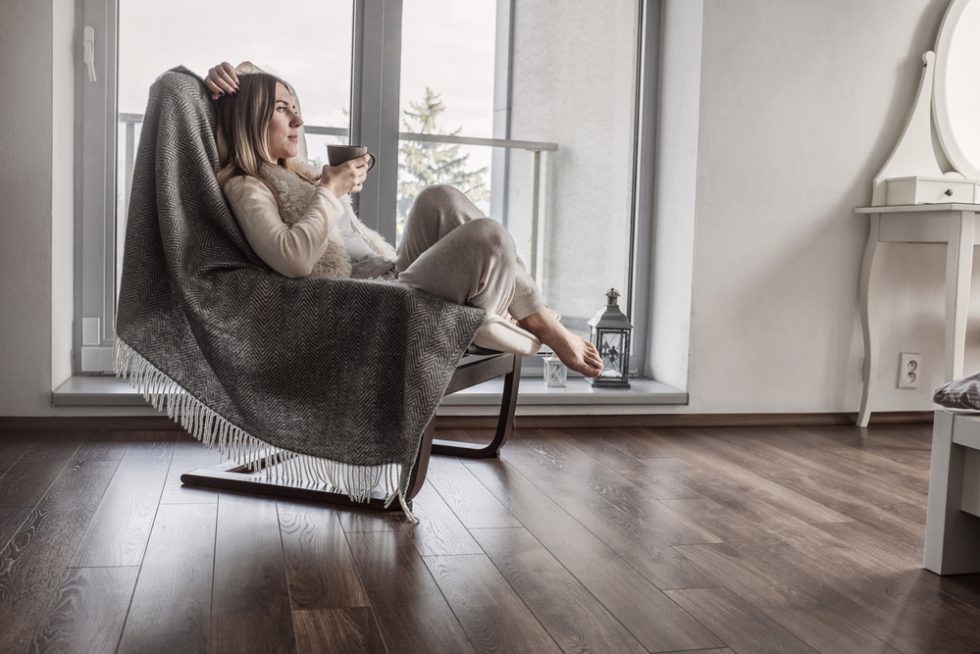
Healthy Sleep and Rest
One of the more common symptoms of peri-menopause and menopause that patients complain of is difficulty sleeping. There is a significant amount of research showing how hormones affect healthy sleep.
Progesterone affects GABA receptors which are responsible for non-REM sleep, the deepest of the sleep stages. Progesterone also affects breathing. It’s been shown to be a respiratory stimulant and has been used to treat mild obstructive sleep apnea.
The role of estrogen in sleep appears to be more complicated than that of progesterone. Estrogen is involved in breaking down norepinephrine, serotonin, and acetylcholine in the body. It has also been shown to decrease the amount of time it takes to fall asleep, decrease the number of awakenings after sleep occurs, and increase total sleep time. Low estrogen levels may lead to hot flashes, which can also affect sleep.
Cortisol is a hormone produced by the adrenal glands in response to stress. It normally peaks in the early morning followed by a slow decline throughout the day and night. However, chronic stress can alter healthy cortisol production and lead to sleep problems if cortisol is low in the morning and increased in the evening and at night.
Melatonin is a hormone produced by the pineal gland in the brain that regulates sleep and wakefulness. Normally, melatonin levels begin to increase in the mid to late evening, remain elevated throughout the night and drop in the morning. In general, melatonin levels decrease with age and melatonin production can be shut off by bright light. If melatonin levels are disrupted, sleep may be disrupted as well.
In addition to hormones, sleep can be affected by a number of external factors. It is important to maintain proper sleep hygiene as follows:
- Avoid napping during the day
- Avoid stimulants such as caffeine, nicotine, and alcohol too close to bedtime
- Exercise can promote good sleep, but avoid vigorous exercise too close to bedtime
- Food can be disruptive right before sleep
- Ensure adequate exposure to natural light during the day
- Establish a regular relaxing bedtime routine
- Associate your bed with sleep
- Make sure that the sleep environment is pleasant and relaxing and free from light pollution, e.g., lighted alarm clock faces, street lights through open windows, and cell phones/tablet devices
Written by Gina Besteman, RPh and Michelle Violi, PharmD – Women’s International Pharmacy




Add A Comment
You must be logged in to post a comment.